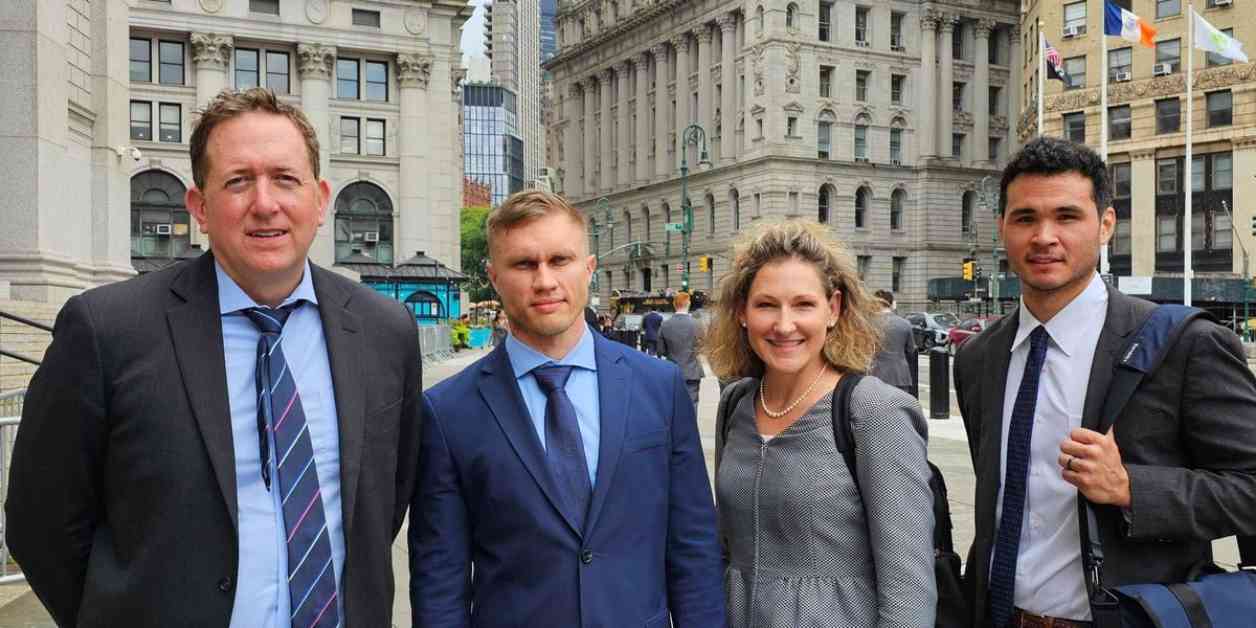Roman Storm, the developer behind Tornado Cash, will have to wait a bit longer for his upcoming criminal trial as it has been delayed until April. Originally scheduled to begin in December, the trial was pushed back by a New York judge to allow time for both parties to resolve a disagreement over expert witness disclosures.
Judge Katherine Polk Failla of the Southern District of New York ordered the parties to exchange information about the expert witnesses they plan to call upon during the trial. Storm’s legal team, led by Brian Klein at Waymaker LLP, raised concerns about this order, arguing that disclosing such information could harm Storm’s defense and potentially violate federal rules governing criminal proceedings.
In response to Judge Failla’s order, Storm’s legal team filed a mandamus petition with the U.S. Court of Appeals for the Second Circuit, seeking to overturn the decision. A hearing on this petition is scheduled for November 12. Despite these legal challenges, Storm’s trial is now expected to begin on April 14 and last for two weeks.
The charges against Storm are serious and include conspiracy to facilitate money laundering, conspiracy to operate an unlicensed money transmitter, and violating sanctions. If convicted on all counts, he could face up to 45 years in prison. Storm’s work with the crypto mixing service Tornado Cash has brought him under legal scrutiny, highlighting the regulatory challenges facing the cryptocurrency industry.
As the case unfolds, it will be important to closely follow the legal proceedings and their potential impact on the broader cryptocurrency community. The outcome of Storm’s trial could set precedents for how developers and individuals involved in crypto-related activities are held accountable under the law.
It is essential for all stakeholders in the cryptocurrency space to stay informed about regulatory developments and legal challenges facing the industry. The complexities of navigating legal frameworks and compliance requirements underscore the need for robust legal representation and a clear understanding of the risks involved in crypto-related activities.
As the trial date approaches, more details may emerge about the specifics of the case and the arguments put forth by both the prosecution and defense. The outcome of this legal battle will have implications not only for Roman Storm personally but also for the wider crypto community as it grapples with evolving regulatory landscapes and legal uncertainties.














